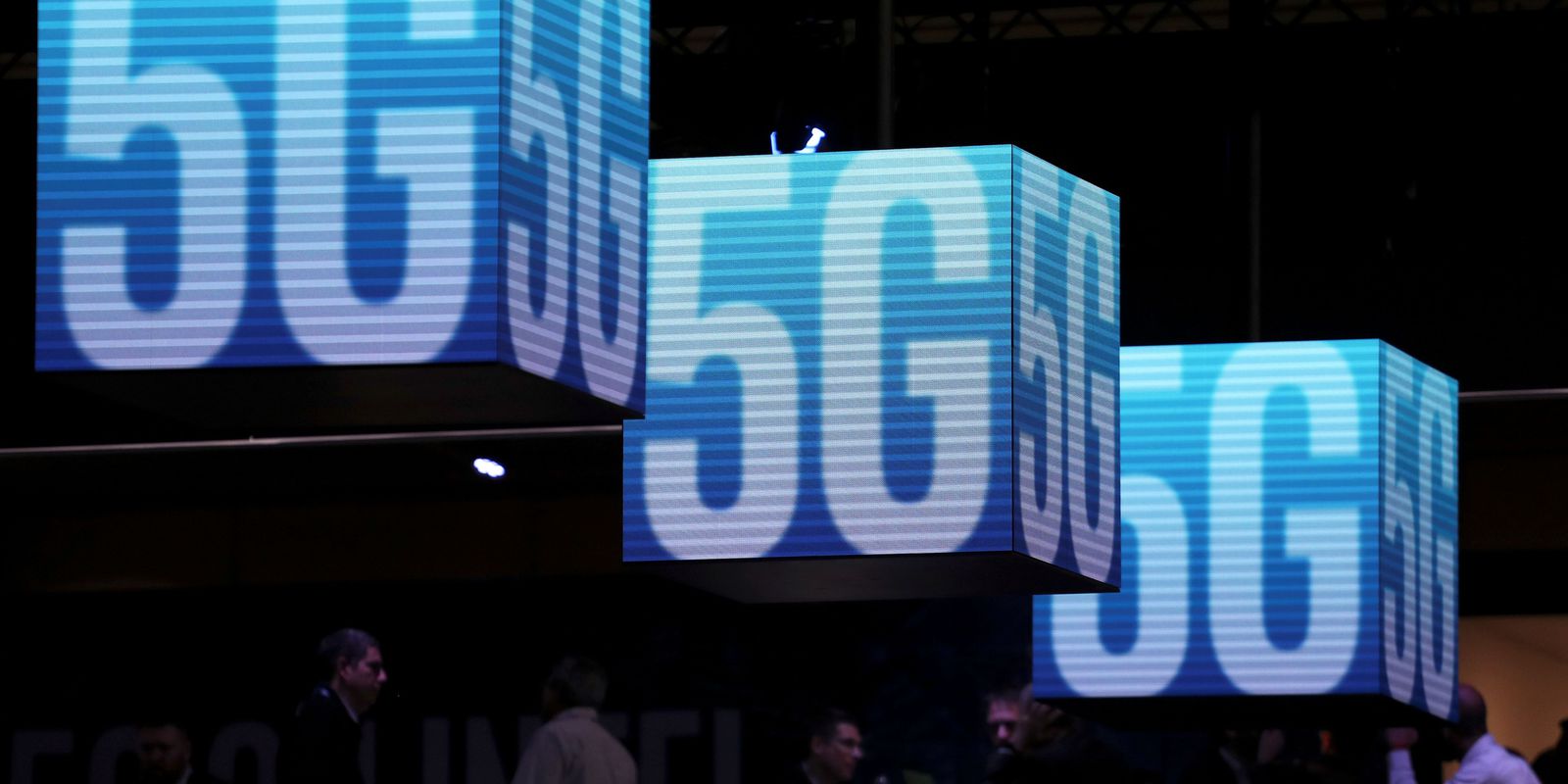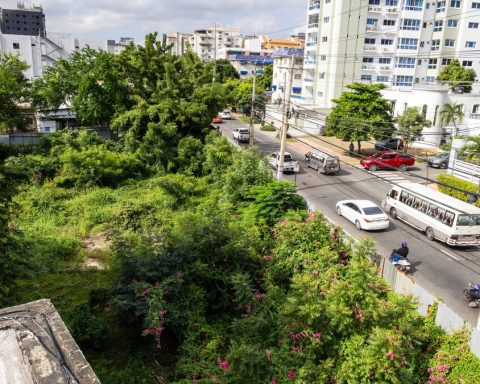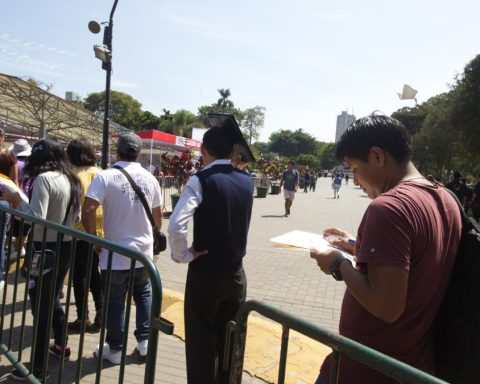The Ministry of Economy held this Tuesday (26) a seminar to analyze 5G experiences in other countries. The event included the presentation of a study carried out by the consulting firm Deloitte, which has been working in partnership with the ministry. The auction to select the exploration of connection services with 5G technology is scheduled for next month.
According to the coordinator of Economy 4.0 at the Ministry of Economy, James Gorgen, the project of the portfolio with Deolitte and other institutions aims to map which are the public and private actors that work or have the potential to work in services using 5G and the challenges to promote solutions from this technology.
“We want to offer another look beyond infrastructure, dealing with the application layer, digital solutions, interconnected systems in access networks and private networks. Map the existing demand for these solutions, whether in 4G or in 5G itself, and bring the recommendation of a public policy to the ministry”, explained Gorgen.
For this, one of the actions of the project was to examine how 5G is being treated in 12 countries: China, Japan, Korea, Germany, Israel, United States, United Kingdom, Ireland, Sweden, Russia, Colombia and India.
China has big technology companies like Alibaba, Baidu and Tencent. These companies have gained scale with the domestic market and benefit from the Chinese government’s protectionism. A five-year plan (2021-2025) indicated bases for prioritizing actions using 5G and the development of infrastructure, standardizations, hardware and software.
In 2019, South Korea launched the 5G+ strategy, focusing on ten equipment industries and five service segments. The initiative established as a guideline the investment of this technology in the public sector, through the implementation of this connectivity in actions of State institutions, and in the private sector, with tax credits and other incentives. In 2020, a new plan (New Deal Digital) provided for US$8.6 billion in investments in digital infrastructure and regulatory simplification.
Japan has been coming since 2014 with the accumulation of a 5th Generation Mobile Communications Forum. This year, the 6th Basic Science and Technology Plan indicated investments of US$ 225 billion in technology, with counterparts of US$ 675 billion from the country’s industries.
The United States is a prominent country among international examples. It is home to large technology conglomerates such as Amazon, Microsoft, Google, IBM and Oracle, which are major competitors in the cloud solutions market. President Joe Biden’s infrastructure plan calls for $65 billion for investment in broadband infrastructure. The country also has a strong culture of partnerships between universities and the private sector.
The UK has a well-developed technology company market, with 80 unicorn companies (with a market value of over $1 billion) in 2020. There are 5G-specific incubators. According to the study, 10% of job openings in the country are related to the technology area. The government has earmarked $1 billion for 5G tests between 2020 and 2021. Universities are creating research projects specifically aimed at this technology.
India is an export and outsourcing center for Information and Communication Technologies (ICT) services for multinationals. The country has a culture of protectionism in the development of hardware and software, with the potential to develop important software in the chain of 5G solutions. Although the country has challenges due to the huge population (such as low rates of fixed connectivity), the government has adopted policies to encourage 5G, such as tax benefits and advantages for national equipment manufacturers.
The researchers concluded that there is no single investment model for 5G. “It all depends on a country context, how familiar it is with 5G already. But we do manage to present with these countries”, said Márcia Ogawa, partner at Deloitte Brasil.
She cited among the lessons learned the definition of consistent strategies and public policies, as occurred in Japan and South Korea; coordination between government, academia and companies; incentives aimed at the base of the technology production chain; enhancement of the main established competences and the active participation of research institutes.
“It’s a complex journey that involves multiple actors. It is collaborative, sometimes involving multiple countries. It’s a long process. The choices we have to make will influence society a lot”, he concluded.

















